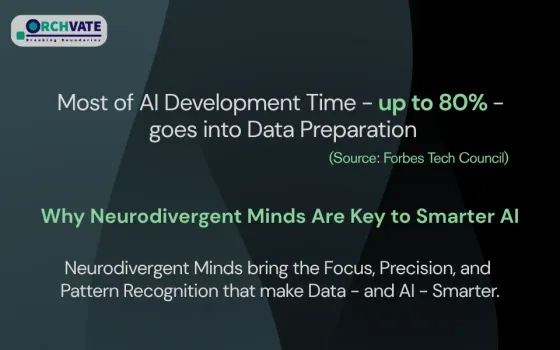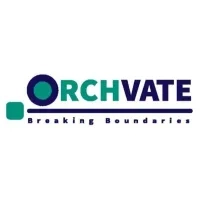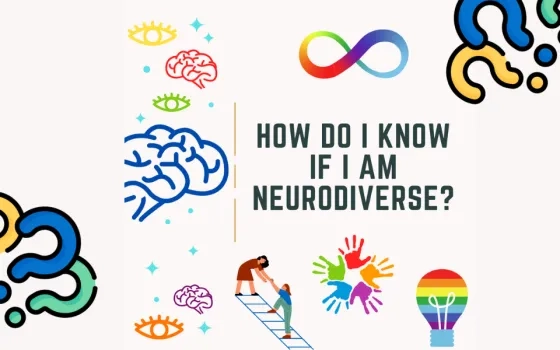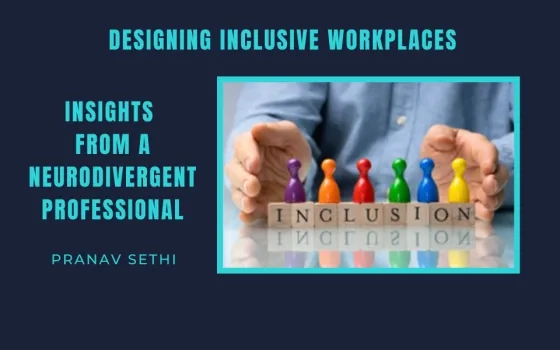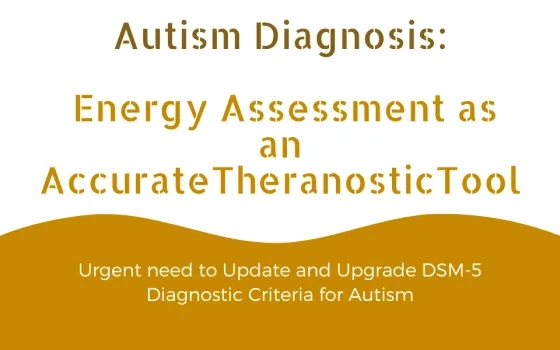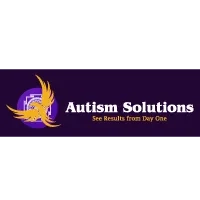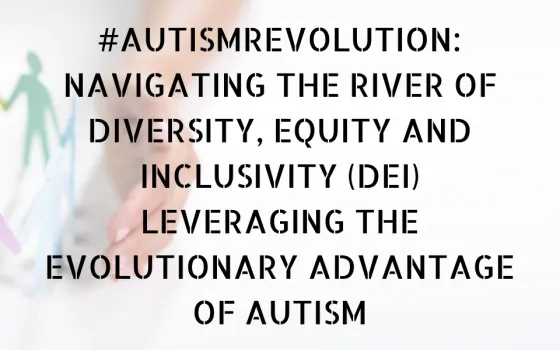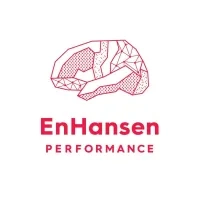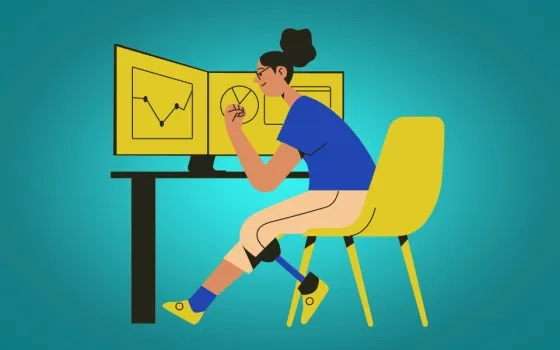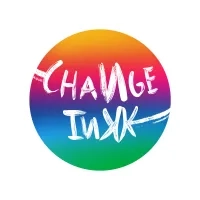Working closely with data—and navigating the world as neurodivergent individuals—has shown us something deeply important: ‘The way our minds work differently is not a weakness—it’s a powerful asset, especially in shaping the future of technology.’
In the fast-evolving world of Artificial Intelligence, the foundation of any intelligent system lies in the quality of its training data. Behind every chatbot response, recommendation algorithm, or image classifier is a vast collection of human-labelled data—curated, cleaned, and checked by real people. Often, the people best suited for this nuanced and meticulous work are those who think differently. In fact, studies have shown that 80% of AI development time is spent on data preparation (Forbes).
Different Brains, Better AI
Neurodivergence refers to natural variations in the brain, including ADHD, autism, dyslexia, and more. While society has often viewed these traits through a deficit-based lens, we’ve learned—both personally and through our work—that these differences can be strengths, especially in roles that involve attention to detail, creative problem-solving, or pattern recognition.
A comprehensive scoping review published in ScienceDirect reinforces this, highlighting that neurodivergent individuals often excel in structured, detail-oriented tasks—particularly in data-centric roles that demand sustained attention and pattern recognition.
Many neurodivergent individuals naturally excel at tasks that require:
-
Keen Pattern Recognition: Autistic individuals, for instance, are often highly skilled at identifying inconsistencies and patterns that others overlook. This skill is crucial when working with large datasets that train AI systems.
-
Creative, Unconventional Thinking: Neurodivergent brains, including our own, might struggle with linear processes but excel at lateral thinking. This allows us to offer new angles and catch edge cases others might miss. In fact, neurodivergent professionals are known to approach problems in nontraditional ways, often leading to innovative solutions (Harvard Business Review). They also often outperform in high-precision, cognitive tasks (Deloitte).
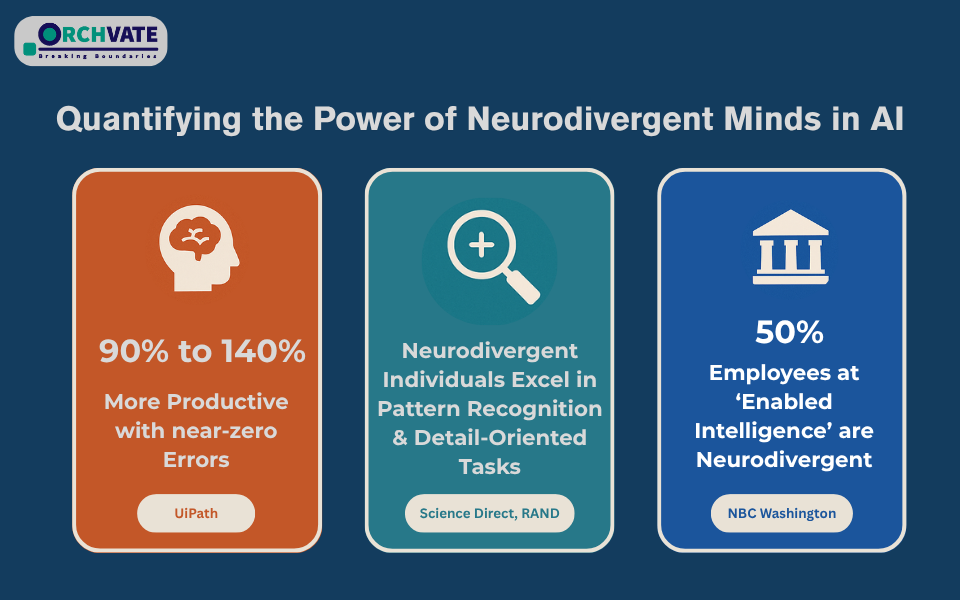
From the Margins to the Center of Innovation
Being neurodivergent means often feeling like an "edge user" in a world built for neurotypical norms. That unique experience is invaluable when working with AI systems that aim to understand and serve a wide range of human behaviours, languages, and emotions.
Having experienced what it’s like to be misunderstood or overlooked by mainstream systems, neurodivergent individuals often recognize subtle biases and stereotypical patterns in training data that others might miss. This perspective helps build datasets that are not only more inclusive and representative—but also lead to AI systems that are fairer, more empathetic, and effective across diverse user groups.
A Win for Inclusion and Innovation
The beautiful thing about involving neurodivergent talent in the AI pipeline is that it's a win on both the ethical and practical fronts. It’s not just about being inclusive—it’s also about building better technology.
In our journey, we’ve worked on data annotation and model training projects where neurodivergent contributors consistently exceeded quality benchmarks—especially when provided with the right support systems. With clear instructions, flexibility, and an understanding environment, we thrive.
Some of us hyperfocus, diving deep into tasks with a level of immersion that’s hard to replicate. Others bring rich emotional intelligence or a strong sense of fairness that’s critical in ethically evaluating AI behaviour.
Companies like Enabled Intelligence have demonstrated how supportive environments for neurodivergent employees working on high-stakes AI data annotation can yield both social and technical impact. Over half of their workforce is neurodivergent, contributing to secure government AI projects with exceptional precision (NBC Washington).
Rethinking Workspaces for Neurodivergent Inclusion
But to truly benefit from neurodivergent talent, companies must do more than hire us—they must include us. That means designing workflows that accommodate different communication styles and attention patterns. Simple changes like structured task breakdowns, visual instructions, quiet spaces, or flexible timing can make a huge difference.
Equally important is creating a culture where neurodivergence is understood and appreciated. Where it’s safe to ask questions, request clarity, or approach a task in a different way without being judged.

Looking Ahead: The Human in the Loop
In the AI world, we often talk about the "human in the loop"—the human role in overseeing, training, and guiding machine intelligence. We believe that neurodivergent minds are not just part of that loop; we help complete it. A compelling RAND report also highlights how neurodivergent individuals bring unique strengths to AI development, including pattern recognition, attention to detail, and focus on specific areas. The same report states that “A national security organization can benefit from the inclusion of neurodiverse individuals whose unique strengths often include recognition, analysis, visualization, problem-solving, memory, and achieving a state of hyperfocus.”
Our way of seeing, processing, and questioning the world brings depth and balance to data. As AI shapes our future, the inclusion of neurodivergent talent ensures that the future is more thoughtful, diverse, and human-centered.
Final Thoughts
AI models trained with diverse perspectives perform better in real-world scenarios and avoid overfitting. Neurodivergent contributors help improve generalization and fairness, leading to more robust and ethical AI systems. Studies have shown that embracing neurodiversity can lead to a 30% increase in productivity and enhanced innovation (Deloitte), and neurodiverse employees are often 90% to 140% more productive with near-zero errors in certain technical roles (UiPath). Additionally, “Companies are increasingly recognizing that neurodivergent workers possess valuable skills and traits, including pattern recognition, focus, and problem-solving” (Business Insider).
As people who live this experience, we know the value of a brain that works differently. We also know that when we’re given the right tools, support, and respect, we don’t just keep up—we lead, innovate, and reshape what’s possible.
It would be beneficial for further research to specifically measure the impact of neurodivergent individuals on metrics like data labeling accuracy, bias detection rates in datasets, and the overall performance of AI models trained with our contributions. However, the current evidence provides a solid foundation for recognizing our value.
Neurodivergent talent doesn’t just belong in AI—we are essential in making it better. As we build the future of AI, let’s ensure it reflects the full spectrum of human minds. Embracing neurodivergent talent isn’t just good ethics—it’s better engineering.
This article is written by Soumyashri Bose, Consultant, and Geethanjali Ganapathy, Co-founder and Director at Orchvate.
To follow Orchvate’s work, visit our website or follow us on LinkedIn.
Citations/References
Forbes:
https://www.forbes.com/councils/forbestechcouncil/2022/04/20/managing-the-data-for-the-ai-lifecycle/
Deloitte:
https://www2.deloitte.com/us/en/insights/topics/value-of-diversity-and-inclusion/unleashing-innovation-with-neuroinclusion.html
Harvard Business Review:
https://hbr.org/2017/05/neurodiversity-as-a-competitive-advantage
RAND:
https://www.rand.org/pubs/research_reports/RRA1875-1.html
UiPath:
https://www.uipath.com/blog/ai/neurodiverse-individuals-vital-role-in-building-inclusive-ai
Business Insider:
https://www.businessinsider.com/neurodivergent-workers-employers-fill-jobs-unemployment-skills-2025-5
ScienceDirect:
https://www.sciencedirect.com/science/article/pii/S2451958823000519
NBC Washington:
https://www.nbcwashington.com/news/local/its-not-just-a-job-neurodiverse-find-career-path-in-ai-technology-at-northern-virginia-company/3600186/
NASSCOM Community:
https://community.nasscom.in/communities/neurodiversity/designing-inclusive-workplaces-insights-neurodivergent-professional



